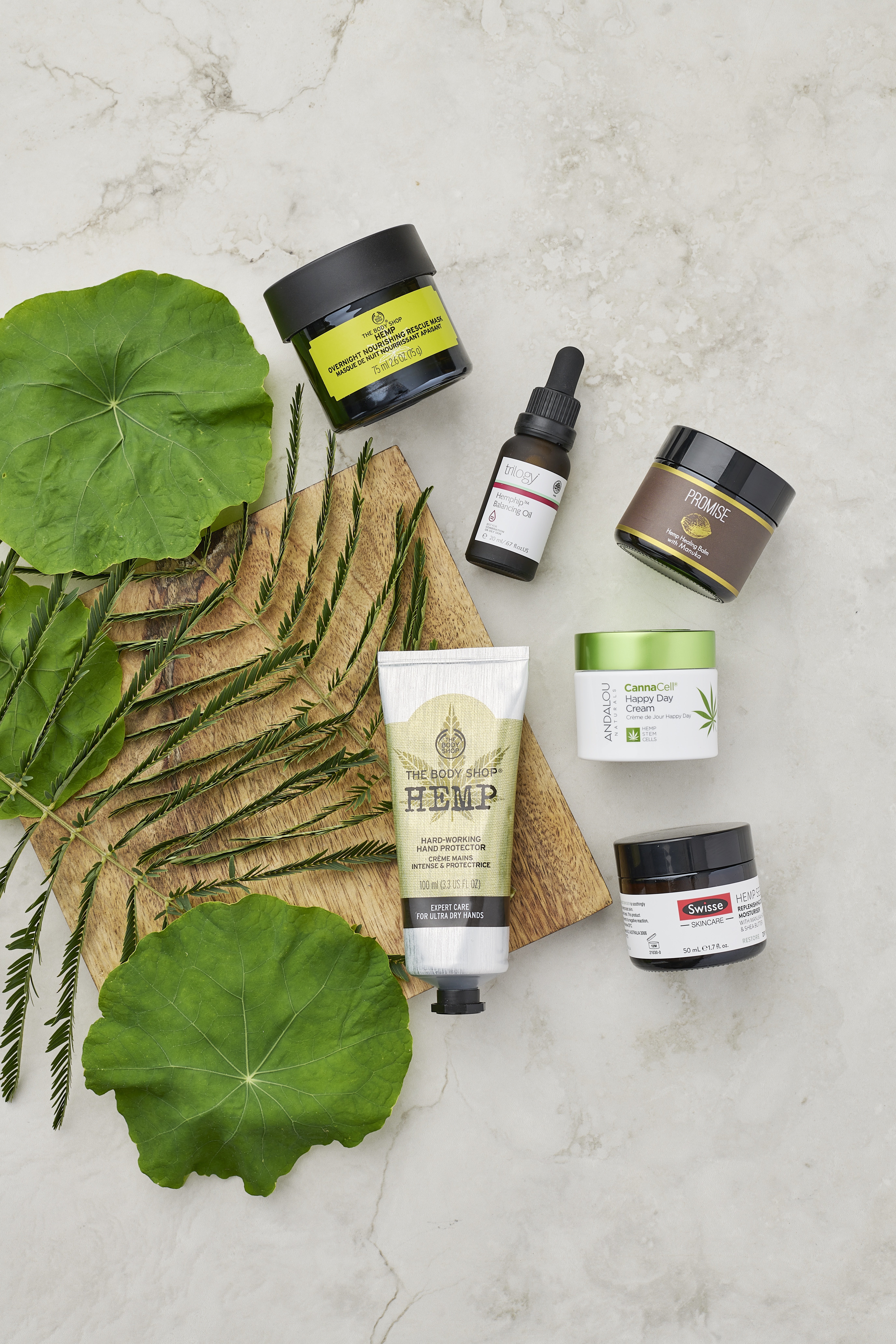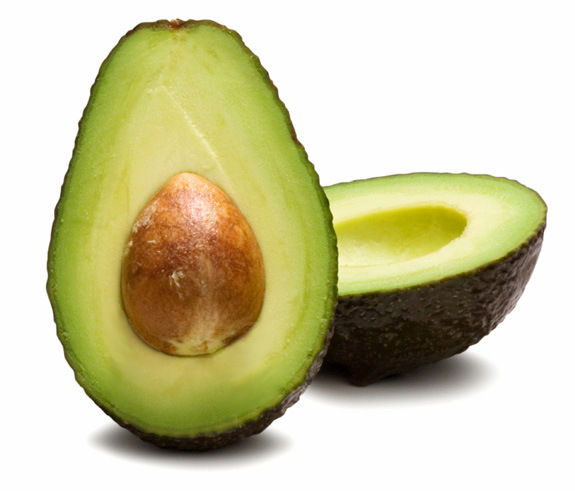Hemp seed oil was once considered a controversial ingredient. Now it’s the hero ingredient in many skincare products for good reason.
Back in 1992, The Body Shop became the first global cosmetics company to use hemp as an ingredient and widespread outrage and controversy followed.
Much of the world wasn’t ready for hemp – Cannabis sativa – because discourse frequently confused hemp with another variety of the plant – cannabis.
Anti-drug campaigners, politicians and police were involved across the globe from France to the US.
Undeterred The Body Shop launched a complete hemp collection in 1998, and its Hemp Hand Protector is still its bestselling product with one sold every nine seconds globally*.
The late Dame Anita Roddick, founder of The Body Shop, knew hemp seed oil was a standout ingredient.
Roddick, who died in 2007, was quoted saying that “in 24 years in the cosmetic industry, I can think of few ingredients that stand out simply because of their performance and efficacy…but hemp is one of them.”
It’s taken a while for the beauty industry to catch up but the good news for our skin is hemp seed oil is beginning to appear in more skincare products as a key ingredient.
One reason is that hemp is now a widely accepted crop and better understood. Hemp may come from the same species as marijuana, but it doesn’t provide a psychoactive effect and is great for the skin.
“The balance of essential fatty acids in hemp seed oil work with the skin’s own oils to provide intense hydration,” says The Body Shop beauty botanist Jennifer Hirsch.
Hemp seed oil has one of the highest known rates of essential fatty acids, making it an ideal ingredient to protect the skin’s natural oil barrier, help fight inflammation and keep skin moisturised and conditioned.
“Hemp seed oils contain oleic, linoleic and alpha linoleic acids, and our skin naturally contains linoleic and alpha linoleic acids, explains Biologi founder and cosmetic chemist Ross MacDougald. Other oils that contain high levels of linoleic and alpha linoleic acid are rosehip and seabuckthorn.”
New Zealand hemp pioneers HempFarm have been growing hemp in New Zealand since 2011 and produce a range of products including its Promise skincare range using its own 100 per cent New Zealand hemp seed oil.
The Promise range currently comprises a cleansing oil, healing balm with mānuka and a soap, though there are plans to expand on the range later this year so watch this space.
Studies have shown that hemp seed oil can also be helpful for eczema, dermatitis, psoriasis, varicose eczema, inflammatory skin condition Lichen planus and acne rosacea**.
Hemp seed oil – not to be confused with hemp oil – is “the” ingredient to add to your skincare regime immediately if you have combination skin, says Trilogy’s product research and compliance manager Kerry De Villiers.
Trilogy recently added hemp seep oil to its pantry of ingredients to create its new Hemphip™ Balancing Oil. Hemphip is a trademarked botanical blend of non-comedogenic oils hemp seed, rosehip, jojoba and grape seed. Put plainly, oils that won’t clog the pores.

“Hemp seed oil was an ideal ingredient to add to our newest clean beauty formulation as it is a well-known emollient and skin-conditioning oil expressed from the seeds of Cannabis sativa,” says De Villiers.
“Hemp seed oil has been shown to contain high levels of essential fatty acids (80 per cent of omega-3 and omega-6, in a 3:1 ratio). In addition to these polyunsaturated fatty acids, antioxidants such as vitamin E are also present making it a combination skin type’s dream ingredient.”
When the skin is on the oily side, often the most natural response is to try and strip the skin of excess oil.
However, when the skin is stripped of its own oil, it only exasperates the dry areas, which in turn encourages the skin to produce even more oil, explains De Villiers.
Introducing a pure plant oil, such as hemp seed oil, into your skin routine is a great way to help to lock in hydration and balance the look of oily skin.
“It’s widely acknowledged that pure plant oils, such as hemp seed oils, have similar properties to sebum, so when applied topically, they are easily absorbed by the skin. This assists in balancing your complexion and making your skin look less oily and less shiny. Hello, clear, balanced and hydrated skin,” says De Villiers.
Hemp seed oil is also the hero of Swisse’s new Restore range for dry and dehydrated skin, which includes a face oil, cream moisturiser, cream cleanser, body moisturiser and body wash.
“Our Restore range has been specifically formulated with hemp seed oil to provide intense hydration and improve the appearance of dry and dehydrated skin,” says Swisse wellness education specialist Andrea Fenner.”
The Swisse Hemp Seed Replenishing Cream Moisturiser is a soothingly rich formula that combines cold-pressed, raw, 100 per cent Australian hemp seed oil, shea butter and mānuka honey. The proven benefits of hemp are that it’s deeply nourishing, ultra-hydrating and suitable even for the most sensitive skin types.”
Another beauty brand using hemp is Andalou Naturals.
Its botanic CannaCell range includes Happy Day Cream, Dreamy Night Cream, Cleansing Foam and X.Foliate Scrub.
Each contains hemp stem cells – naturally occurring phytocannabinoids extracted from the stalk of the hemp plant that provide antioxidants to help counteract free radicals, oxidative damage and pollution – as well as hemp seed oil.
As well as being kind to the skin, hemp is also kind to the environment.
It’s four times more effective at capturing C02 than trees and helps to structure soil, which is why it’s often used to regenerate land between food crops.
Last season HempFarm grew approximately 1300 hectares of hemp crops, which sequestered tonnes of carbon from our atmosphere.
Hemp seed oil is highly nutritious as well as helpful for the skin. It’s been found to support healthy blood pressure and cholesterol, joint mobility, brain health, immunity, balanced mood and organ function as well as a healthy metabolism and cardiovascular health.
** Hemp (Cannabis sativa L.) Seed Oil: Analytical and Phytochemical Characterization of the Unsaponifiable Fraction by Department of Pharmacology, Faculty of Pharmacy, University of Seville and Laboratory of Cellular and Molecular Nutrition, Instituto de la Grasa, Spanish National Research Council (CSIC), Seville, Spain.





